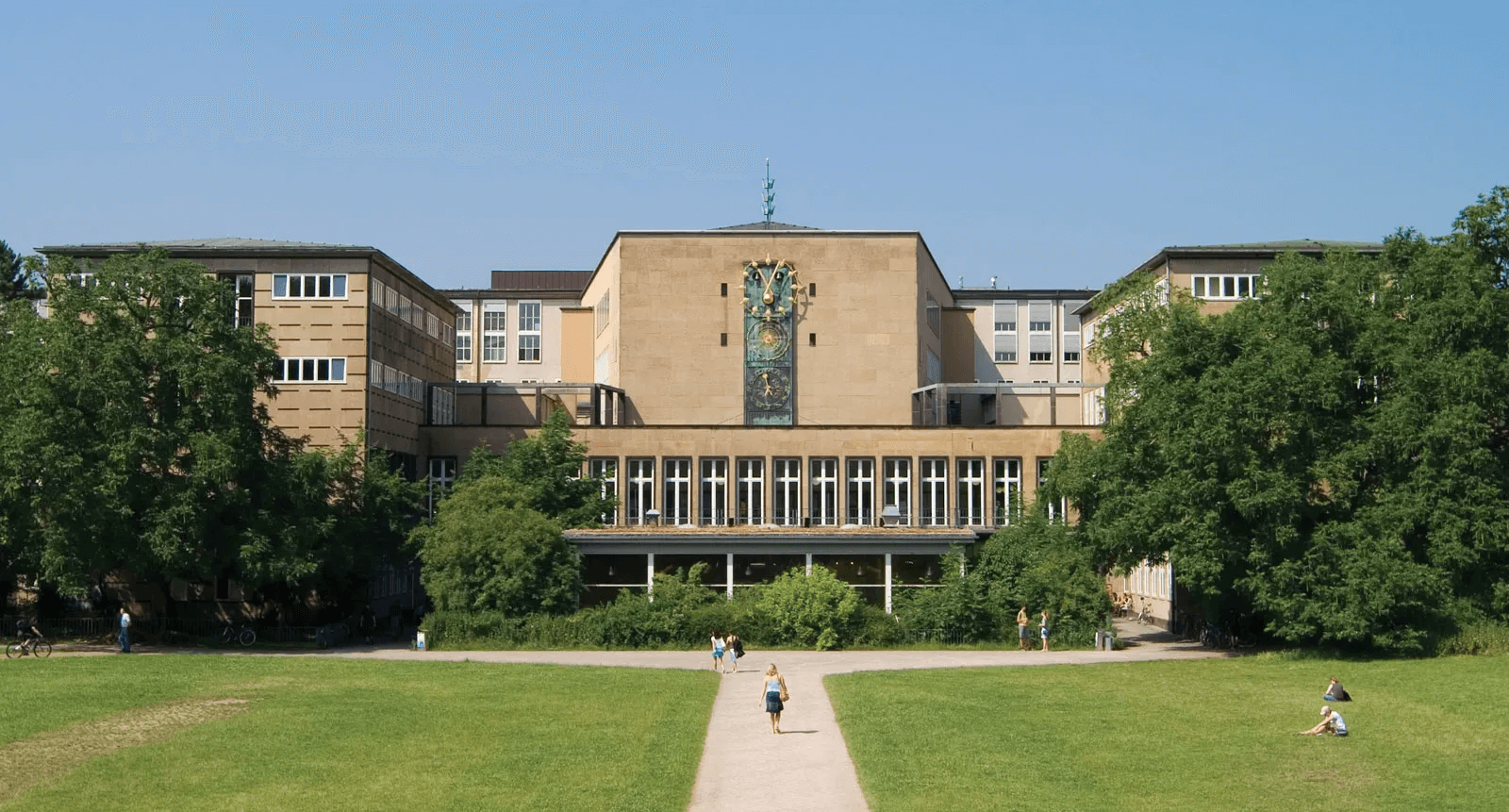📚About the Program
Master’s in Computational Sciences at University of Cologne
Course description The M.Sc. Computational Sciences is an interdisciplinary program offered by the Faculty of Mathematics and Natural Sciences. Its aim is to prepare students to answer a new class of questions in natural sciences with the help of advanced computational methods. Therefore, the students will simultaneously learn the scientific knowledge of one area of specialization in natural sciences and new techniques in simulation and modelling, data science (e.g., machine learning), applied mathematics, and computer science. The five areas of specialization are: Computational Astro- and Space Physics Computational Biology Earth System Sciences Theoretical Chemistry Theoretical Condensed Matter Physics Within the first two semesters, the students attend courses and lectures to gain expertise in computational sciences as well as their area of specialization. The last two semesters of the studies focus on the research project of the master thesis within the chosen area of specialization. Structure Simulation and Modeling 1 and 2 will provide the necessary basis ranging from numerical modeling to machine learning which is needed in the areas of specialization. These two modules are specifically designed for the Master Program Computational Sciences. Both modules employ practical examples from all areas of specialization where the students will apply the learned computational methods. Simulation and Modeling 1 and 2 give 9 CP each and are intended for the first and second semester, respectively. The Elective Mathematics and Computer Science Area allows the students to widen their knowledge in more specific topics of mathematics and computer science. In agreement with the respective mentor, students choose modules that benefit them in their area of specialization and especially in their future research work. Therefore, students can choose from a range of modules offered by the different Departments of the Faculty of Mathematics and Natural Sciences. The Area consists of a total of 18 CP and may range from the first to third semester. The study in the Area of Specialization, consists of class work in the Specialization Area with 30 CP that may go from first to third semester, the Literature Seminar with 6 CP, the Project Work with 12 CP intended for the third semester (both in preparation for the Master thesis) and the Master Thesis with 30 CP in the fourth semester. In the Specialization Area, students have to study courses from their chosen area of specialization. In four areas of specialization, the students have to attend two compulsory modules that form the basis for their studies. The combination of the two modules consists of either 12 or 15 CP (depending on the area of specialization). The remaining Credit Points may be chosen from a catalogue of modules in the respective specialization. The area of specialization Earth System Sciences has no compulsory modules due to the diversity of the research area within this specialization. Therefore, the students have to elect courses with a total of 30 CP from basic and advanced modules. The choices in the elective area should reflect the personal interest of the student in certain research fields and may be chosen together with the respective mentor. The research part of the Master program, i.e., the Literature Seminar, the Project Work and the Master Thesis, is compulsory for all students and deals with a research topic where the students conduct their own research in one of the research groups of their area of specialization. The Supplementary Module consists of 6 CP and can be placed freely in the first three semesters of the master’s course. The students are allowed to choose freely from a wide range of modules including courses offered by Excellence Startup Center Gateway, the Digital Humanities, or the area of Mathematics and Computer Science and any area of specialization. Required Documents: ●School leaving certificate/proof of having passed a university entrance exam ●Degree certificate (if already available), if not, please upload a preliminary degree overview ●Overview of subjects and grades (transcript of records) ●University grading system ●An officially certified translation if the original documents were not issued in German or English Language ●Applicants from China and Vietnam are required to also submit a current APS certificate. (for India: As of the winter semester 2023/24) ●English Language Certificate: Level B2/C1 (TOEFL Internet-based 93; IELTS average 6,5 - each single component 6,0; Cambridge qualifications 175; TOEIC 460-425-175; Abitur incl. 6 years)
Show less 